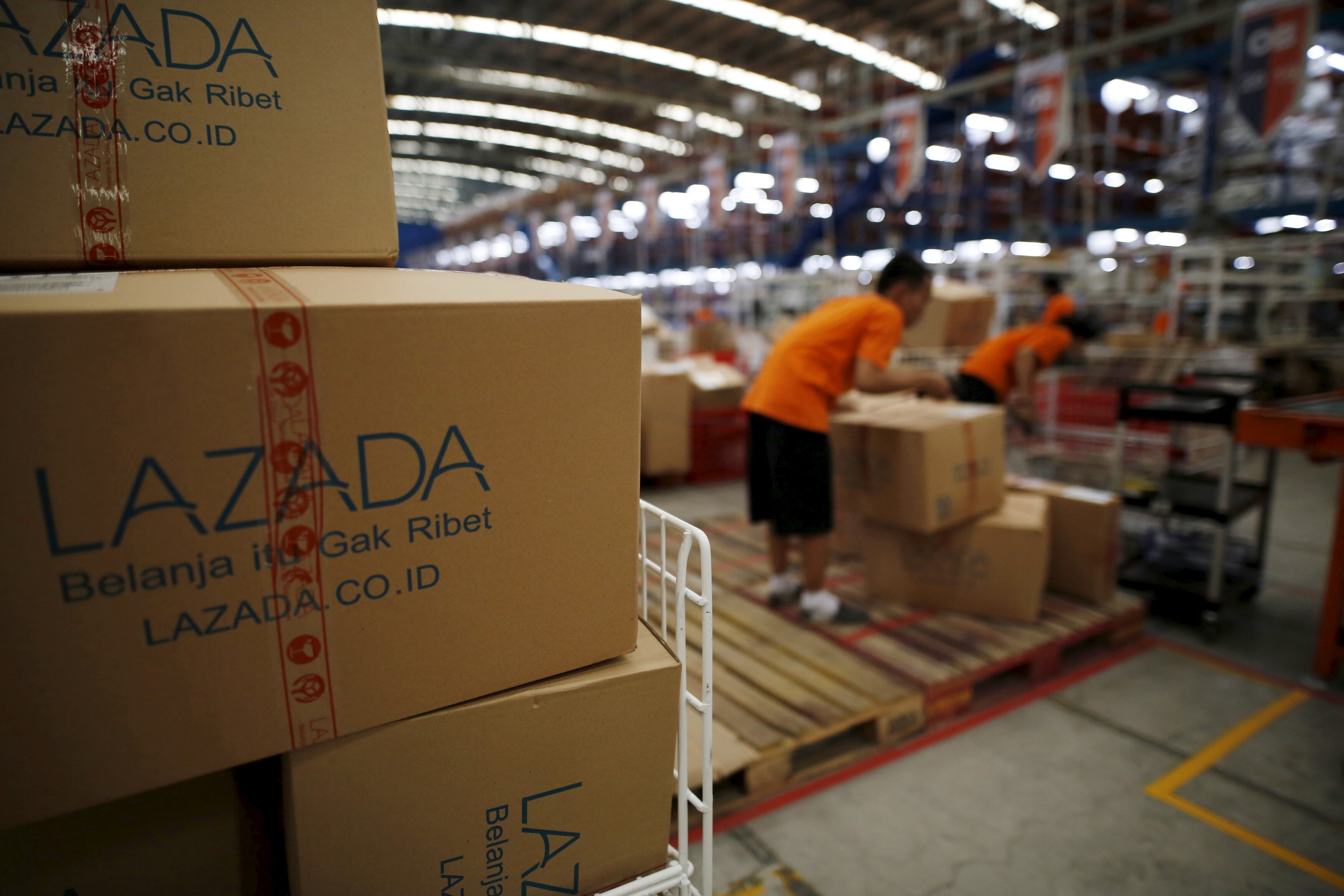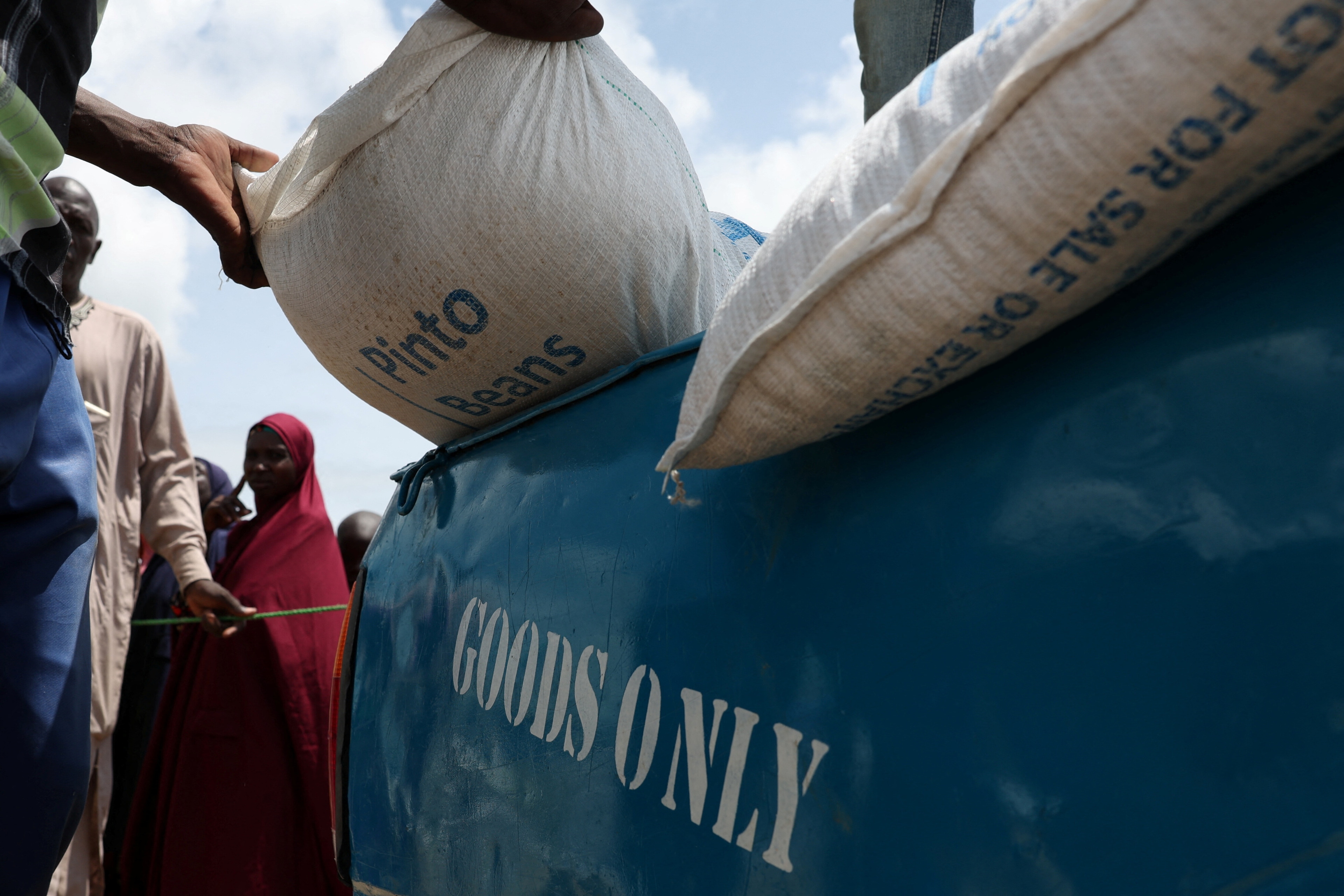Can governments agree on global data flows? Here are 6 recommendations

Cross-border flows … servers for data storage in Iceland. Image: Reuters/Sigtryggur Ari
- Japan's G20 presidency tried to stem a trend of greater data protectionism.
- The 'data free flow with trust' drive aims to ensure openness and trust aren't contradictory.
- Beyond trade agreements, there are six key steps to move towards stronger digital integration.
In the face of the COVID-19 pandemic, many have turned to digital tools, services and infrastructure. The digital economy has been resilient and helped to keep our economy going: digital payments, cloud-based services, e-commerce, video-conference technologies, online classes and e-health have kept many connected. Contact-tracing and data-sharing via phone apps are being explored as a way forward.
The cross-border movement of data underpins much of these activities. It is critical for economic resilience and driving post-pandemic recovery. Data is among the most valuable inputs used during production processes (overtaking the value of electricity, labour and raw materials in some sectors) and will play an even more significant role with the advent of 5G, big data and connected manufacturing.
A rapidly evolving patchwork quilt of global rules and domestic regulation, however, has thrown these trends into reverse. And some governments may be tempted to see recessions, trade wars and new competitors as providing justifications for stricter controls and trade barriers.
In response, under Japan’s G20 presidency in 2019, world leaders welcomed the Osaka Track – a call for closer international cooperation to harness the full economic and social potential of cross-border data flows and emerging technologies that rely upon them. Also last year, over 80 economies joined negotiations on e-commerce at the World Trade Organization (WTO), with the potential to cover data flows, building on rules that have already emerged in regional and bilateral negotiations.

Yet trade negotiations alone cannot solve all the transnational issues linked to digitalization. Prime Minister Abe of Japan has called on fellow world leaders to establish a system for “data free flow with trust” (DFFT) – where openness and trust exist in symbiosis, not as contradictions. Today, international trade rules bind openness (often with adequate exceptions), other pillars build trust between countries. For example:
- Most countries either have mechanisms in their privacy laws that allow data to be transferred overseas, or have signed international treaties to that effect;
- Many jurisdictions have endorsed common principles for privacy, security and cybercrime that let law enforcement agencies of two countries assist each other;
- Governments and industry actors participate in technical bodies that set basic standards for interoperability.
Such cooperation can be multilateral, but is increasingly taking place on a reciprocal basis between a group of like-minded governments. However, not all cooperation is intergovernmental; where legal systems diverge too much, data may still flow for trusted or certified businesses. Together, these pillars form a mutually reinforcing positive-sum game that strikes the right balance between openness and concerns for data protection and national security. Crucially, with many available cooperation mechanisms, all countries can find ways to safely maintain some level of openness.
A new World Economic Forum White Paper – by a community of leading experts and practitioners – examines the relationship between trust and openness and proposes a practical roadmap of global public-private cooperation to fulfill Prime Minister Abe’s vision of data free flow with trust. It shows how international interoperability of data governance can be achieved even where national legal traditions or social preferences are different. Following are six key elements of this new and more integrated agenda of digital economy cooperation:
1. Ensure privacy laws contain mechanisms for lawful overseas transfer of data. This is essential since data will otherwise be confined within a country’s borders. Even in circumstances where other jurisdictions do not offer equivalent data protection, governments can empower users to decide, or hold businesses accountable to any breaches wherever data is stored.
2. Minimize conflict of laws. After all, there would be no justifications for data localization between countries with equivalent data protection standards, and when law enforcement agencies assist each other expeditiously. There is much national authorities can do together to enhance the consistency and interoperability of their regulations as well as how these are administered.
3. Develop a common-denominator definition of non-personal data. There will always be minor differences in what each country defines as sensitive or personal data. These differences should not be a justification for all types of data flows to be confined. We need to find a common baseline definition of non-personal data that permits such data to flow with a minimum of uncertainty for companies and other organizations that rely upon it to provide services to their customers and constituents. Interested entities should initiate a public-private dialogue on how we define or treat personal and non-personal information, metadata or sensitive information, bringing together experts from different spheres.
4. Create a multilateral foundation for open data flows in the trading system. Ongoing digital trade talks at the WTO should include basic commitments that bind governments to facilitate the movement of information across borders, including prohibitions against data localization, mandatory disclosure of source code and algorithms, or tariffs on electronic transmissions.
5. Match trade rules with robust regulatory cooperation. Trade commitments are often accompanied by conditions and exceptions. Structured, standing channels of regulatory cooperation between governments can help to ensure that they use these exceptions sparingly, and in a manner consistent with the inclusive and balanced spirit of DFFT.
What is the World Economic Forum doing about digital trade?
6. Mobilize robust capacity-building assistance for developing countries. Not unlike the path-breaking approach taken in the WTO Trade Facilitation Agreement, high-income economies, international organizations and the business community should provide technical assistance and capacity-building for developing economies to pursue high-standard data policies and practices. Once a global rule-based system is in place, governments and large industry actors can leverage resources to help small businesses to use the openness created by digital technologies to drive growth and reach new markets.
Don't miss any update on this topic
Create a free account and access your personalized content collection with our latest publications and analyses.
License and Republishing
World Economic Forum articles may be republished in accordance with the Creative Commons Attribution-NonCommercial-NoDerivatives 4.0 International Public License, and in accordance with our Terms of Use.
The views expressed in this article are those of the author alone and not the World Economic Forum.
Stay up to date:
The New Data Economy
Forum Stories newsletter
Bringing you weekly curated insights and analysis on the global issues that matter.







